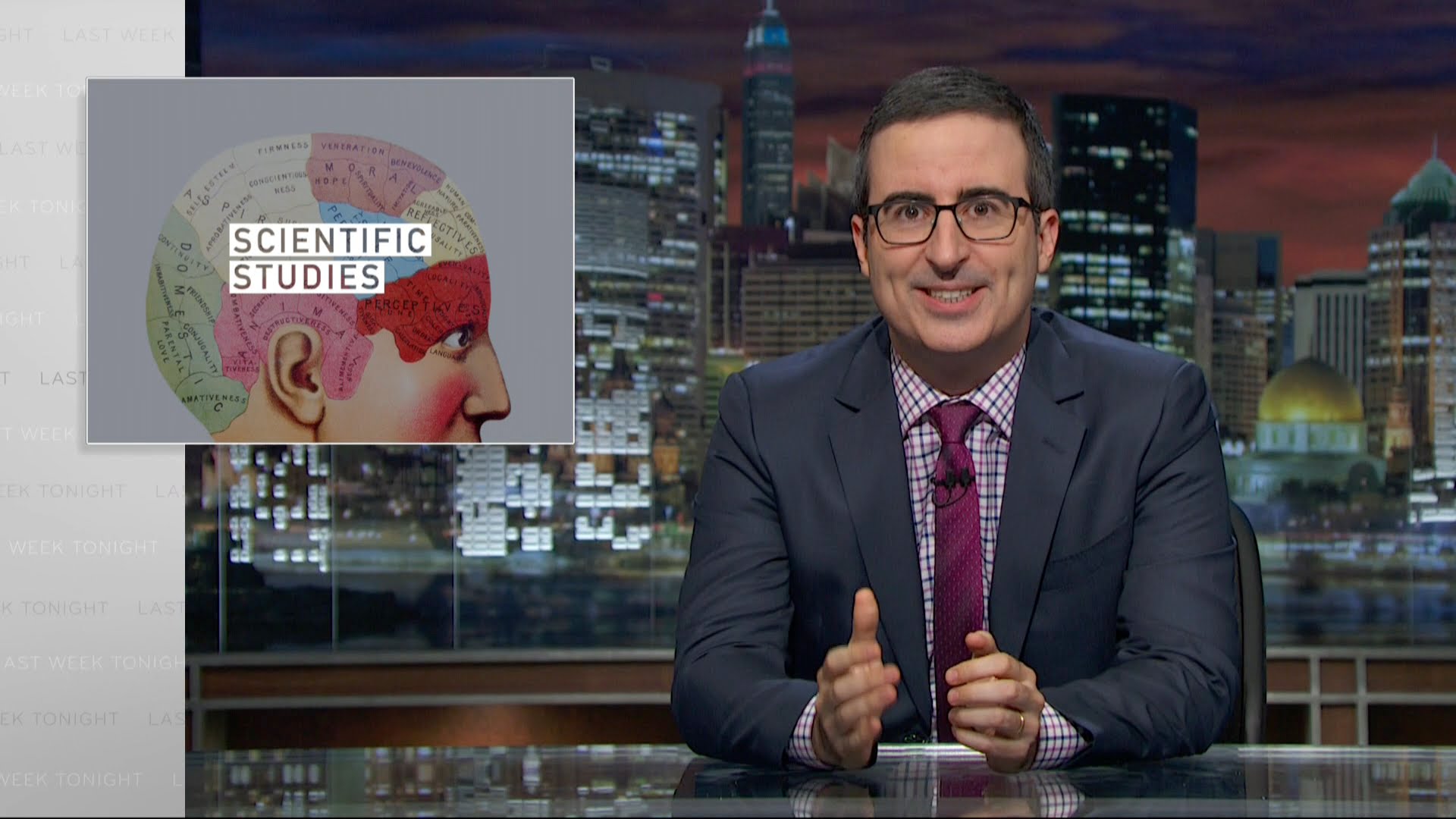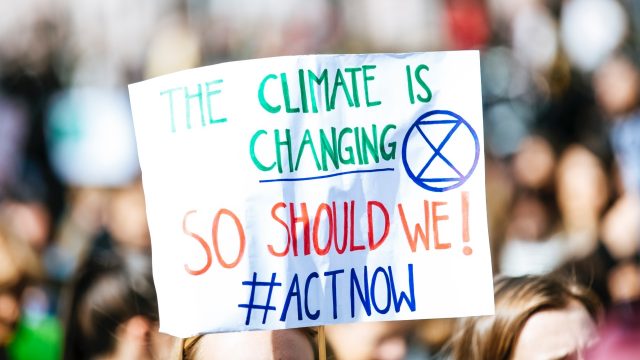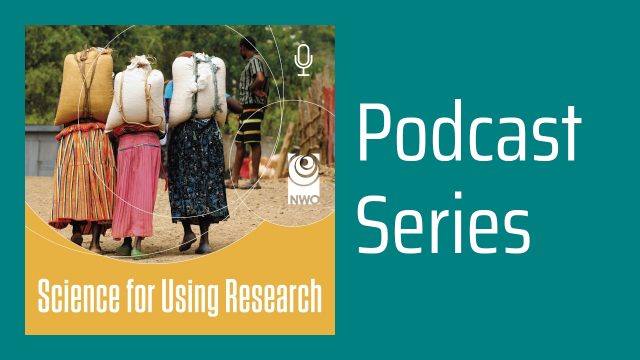
The hype in science publishing and reporting is facing increasing scrutiny
Previous articles in RealKM Magazine have examined the hyping of language used in science abstracts and the low quality of science reporting in the mainstream media. A follow-on editorial article then used a paper published in the highly respected journal Science to illustrate these issues.
Recently, the hyping of science has been facing increasing scrutiny.
Last Week Tonight with John Oliver: Scientific Studies
In a 20-minute segment on his show Last Week Tonight with John Oliver, comedian John Oliver discusses how and why media outlets so often report untrue or incomplete information as science. The video of the segment can be viewed on Facebook (above) or YouTube (but may not be available in some areas).
The segment makes the following points:
- Not all scientific studies are equal, with scientists under pressure to publish large quantities of research papers rather than quality research papers.
- Replication of research is essential to validate findings, but not enough of this is occurring.
- Media releases issued in regard to research studies can sensationalise the findings to attract media interest, leading to misreporting.
- The media can sensationalise research findings, and a contributing factor to this is the public’s appetite for over-the-top stories.
- The media can oversimplify research findings by leaving out important details that limit the relevance of studies, for example that the studies were carried out on rats rather than humans.
- Scientists themselves can oversimplify research findings to sensationalise them.
- The media can report dubious studies as fact.
- Science is by its nature imperfect, but the media and public cherry-pick studies that appear to support their point of view without consideration of the context or limitations of those studies.
The danger of overselling science
In an article in The Conversation, neuroscience researchers Natalie Rens and Kelsey S. Palghat discuss how the problem of exaggerated scientific findings comes from the interactions of three groups of people: scientists, the media, and the public:
- The pressure on scientists from a “publish or perish” culture results in an increase in practices like putting a “spin” on data, or dubious practices like “p-hacking”1.
- The media often “sexes up” research findings to make them more appealing to a public audience.
- The public is often unaware of the extent to which research findings have been embellished, and can be too enthusiastic to find personal relevance in the data: “This becomes an issue when the void created by scientists being unable to turn their claims into real applications is filled by ambitious, yet naive, individuals.”
Rens and Palghat conclude that “Scientists need to take more care in how they report their results, the media needs to stop overselling, and the public needs to be trained in critical thinking.”
The pressure to publish pushes down quality
Writing in the journal Nature, Daniel Sarewitz, co-director of the Consortium for Science, Policy and Outcomes at Arizona State University, argues that2 “Scientists must publish less … or good research will be swamped by the ever-increasing volume of poor work.”
He discusses how researchers are both encouraged and pushed to publish more, but that:
Mainstream scientific leaders increasingly accept that large bodies of published research are unreliable. But what seems to have escaped general notice is a destructive feedback between the production of poor-quality science, the responsibility to cite previous work and the compulsion to publish.
Disciplines in which quality problems have occurred include cancer science and experimental psychology.
References:
Also published on Medium.






